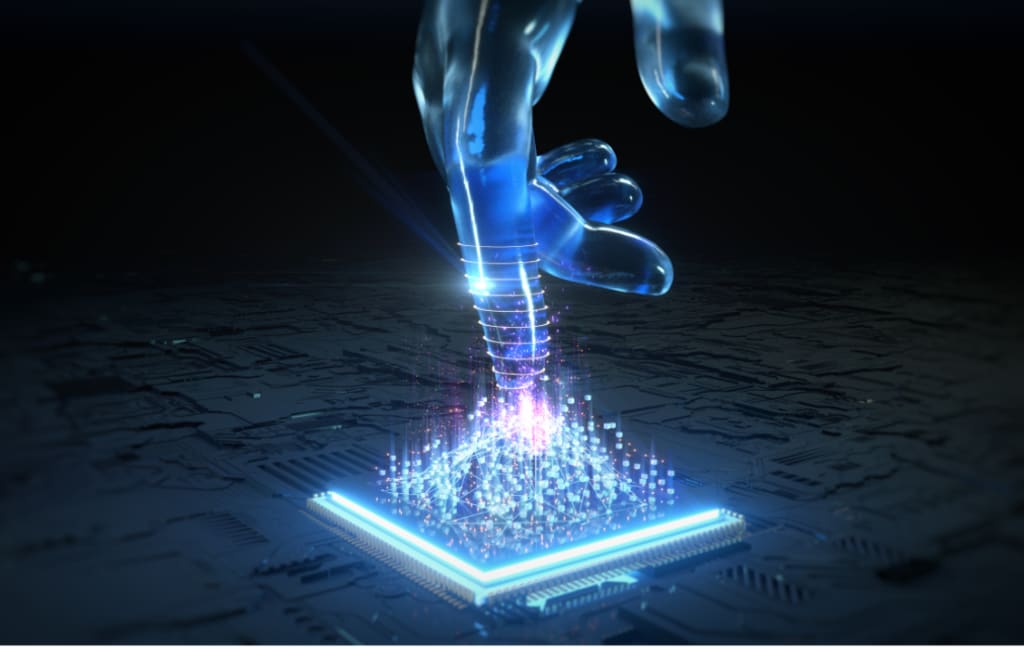
Artificial Intelligence (AI) is a revolutionary technology that has the potential to transform various industries. However, the impact of AI on the job market has raised concerns about the future of work. A recent study conducted by researchers at Oxford University evaluated the likelihood of automation for 800 different professions, and the results suggest that up to 25% of all jobs could be automated in the near future.
The study found that certain jobs are highly susceptible to automation, including those that involve repetitive tasks such as data entry and tax preparation. These jobs have an estimated 99% chance of being automated in the future. Other jobs that are at high risk of being automated include telemarketing, watch repair, and insurance underwriting.
In contrast, jobs that require complex decision-making skills and human interaction, such as social workers, physicians, and managers, are less likely to be automated. These jobs require a high level of emotional intelligence, critical thinking, and problem-solving skills, which are difficult to replicate with AI. Similarly, jobs in the creative industries, such as writers, artists, and musicians, are less likely to be automated as they require a high level of creativity and imagination.
While AI has the potential to automate many jobs, it will also create new job opportunities. Jobs that require skills such as data analysis, programming, and AI development will likely be in high demand in the future. The study suggests that workers in highly automated industries should focus on developing skills that cannot be easily replicated by AI. These include creativity, critical thinking, emotional intelligence, and the ability to adapt to new situations.
It is important to note that the impact of AI on the job market is not a new phenomenon. Automation has been a part of the industrial revolution for centuries, and new technologies have always created new job opportunities. However, the pace of change in the current era is much faster than in the past, and workers need to adapt quickly to stay competitive in the job market.
One of the main challenges of AI is that it is difficult to predict which jobs will be automated in the future. Therefore, workers should focus on developing skills that are transferable across different industries. For example, programming skills are in high demand across various industries, from healthcare to finance. Similarly, critical thinking and problem-solving skills are essential for many jobs, and workers who possess these skills will be in high demand.
Moreover, the emergence of AI does not necessarily mean that humans will become obsolete in the workforce. Human skills such as empathy, creativity, and intuition cannot be easily replicated by AI. Thus, humans and AI can complement each other to achieve better outcomes in the workplace.
In conclusion, it is clear that AI has the potential to revolutionize various industries, but it also poses significant challenges for the job market. While automation may lead to job losses in certain industries, it will also create new job opportunities, particularly in the areas of data analysis, programming, and AI development. The study suggests that workers should focus on developing skills that cannot be easily replicated by AI, such as creativity, critical thinking, and emotional intelligence, to stay competitive in the job market.
However, the impact of AI on the job market is not a new phenomenon, and automation has been a part of the industrial revolution for centuries. New technologies have always created new job opportunities, and the same is likely to happen with AI. Therefore, it is important to view AI not as a threat but as an opportunity.
To maximize the potential of AI and minimize its negative impact on the job market, it is important for policymakers, educators, and business leaders to work together. Policymakers can create policies that encourage the development of new jobs and provide support to workers who may be impacted by automation. Educators can develop curricula that emphasize skills that are difficult to automate, such as creativity, critical thinking, and emotional intelligence. Business leaders can invest in the development of AI technologies while also ensuring that workers are equipped with the skills they need to succeed in the future job market.
In summary, the impact of AI on the job market is complex and multifaceted, but it is clear that workers who possess skills that are difficult to automate will be in high demand. To ensure a smooth transition to the future job market, it is important for individuals, organizations, and policymakers to work together and prepare for the changes that are to come. By embracing the opportunities offered by AI and investing in the skills that will be in high demand, workers can thrive in the new era of automation.






Comments
There are no comments for this story
Be the first to respond and start the conversation.